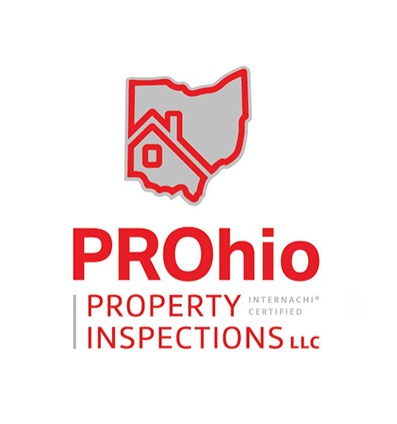Owning a home is a significant milestone for many individuals and families. However, being a homeowner comes with responsibilities beyond simply paying the mortgage. Understanding crucial aspects of your home can help you maintain its value, ensure its longevity, and create a comfortable living space. Here are essential things that every homeowner should know about their home.
1. Property Documentation: Familiarize yourself with all the legal documents related to your property, including the deed, property survey, and any homeowner association agreements. These documents hold vital information about property boundaries, restrictions, and ownership rights.
2. Home Maintenance Schedule: Develop a regular maintenance schedule to keep your home in top condition. Routine tasks like cleaning gutters, inspecting the roof, and servicing HVAC systems can prevent costly repairs down the line.
3. Plumbing and Electrical Systems: Learn the basics of your home’s plumbing and electrical systems. Understanding how to shut off water and electricity in emergencies can prevent potential disasters.
4. Energy Efficiency: Implement energy-efficient practices to reduce utility bills and minimize your carbon footprint. Simple changes like using LED bulbs, sealing air leaks, and upgrading insulation can make a big difference.
5. Home Insurance Coverage: Review your home insurance policy to ensure it provides adequate coverage for your property and belongings. Regularly reassess and update the policy to account for changes in property value or renovations.
6. Safety Measures: Invest in safety features such as smoke detectors, carbon monoxide detectors, and fire extinguishers. Additionally, create a fire escape plan and share it with all family members.
7. Pest Control: Understand common pests in your area and take preventive measures to keep them at bay. Regularly inspect and seal potential entry points for insects and rodents.
8. DIY Limits: While DIY projects can be rewarding, know your limitations. Some repairs and renovations are best left to professionals to avoid costly mistakes and safety hazards.
9. Budgeting for Home Repairs: Save for unexpected repairs by setting aside funds in an emergency home repair fund. Budget for regular maintenance and factor in the age of appliances and systems to anticipate replacements.
10. Local Building Codes: Familiarize yourself with local building codes and regulations. If planning any renovations or additions, ensure they comply with these codes and obtain the necessary permits.
11. Understanding Home Systems: Learn about your home’s heating, cooling, and ventilation systems to optimize their performance and increase energy efficiency.
12. Landscaping and Outdoor Maintenance: Keep your outdoor spaces well-maintained and visually appealing. Regularly mow the lawn, trim shrubs, and address any drainage issues to prevent potential water damage.
13. Disaster Preparedness: Be prepared for natural disasters or emergencies specific to your region. Have a plan in place for hurricanes, earthquakes, floods, or other relevant events.
14. Home Security: Consider investing in a home security system to protect your property and loved ones. Simple measures like installing motion sensor lights can also deter potential intruders.
15. Financial Planning: Understand how your home fits into your overall financial plan. Be mindful of your mortgage terms, interest rates, and consider refinancing options if it makes financial sense.
Being a knowledgeable homeowner empowers you to make informed decisions about your property and safeguard your investment. Continually educate yourself about your home’s features and stay proactive in its maintenance, ensuring a comfortable and secure living space for years to come.
